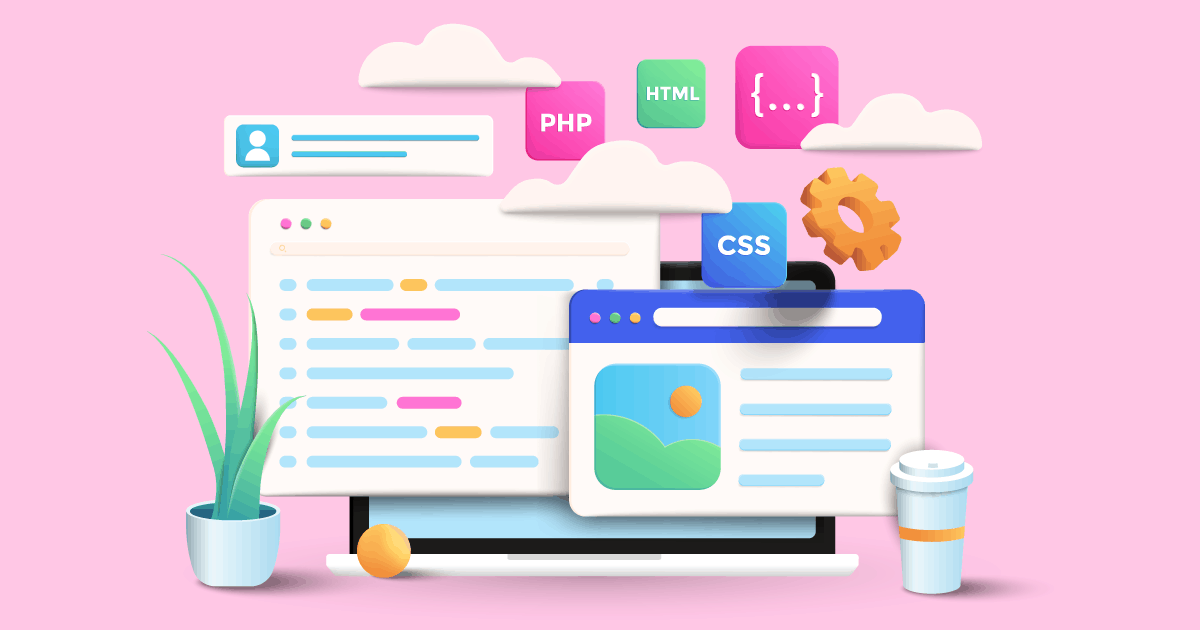Saying that the software development industry is hyper-competitive is an understatement. And, in this volatile marketplace, employers are perpetually looking for professionals with skills that are adaptable across multiple technologies, implementation methodologies, and frameworks. So, if your technical skills are strong, you shouldn’t have to worry about your professional development. Right? If you agree, you are only partially correct. In our experience, technical proficiency is not the only thing that matters for employers.
In the tech industry, there is a well-known separation between technical skills vs. soft skills. You may consider your technical skills to be sound, if not advanced, but let’s define what they are in this context. Technical skills refer to job-specific knowledge that you develop through training. We are talking about programming languages, frameworks, tools, technologies, etc.
Now, you’re still confident that you are ahead of the curve in tech skills, great! But, how are you with “soft skills?” Let’s go one step further and answer, “What are soft skills?” Soft skills are non-technical communication capabilities that, when used effectively, will allow for effective communication with your team. There are two, primary contributing aptitudes that support the overarching soft-skill techniques.
Personal skills are those characteristics that make us who we are and affect how others perceive our character. Personal skills have traits such as integrity, positivity, flexibility, responsibility, work ethic, time management, and critical thinking. Some people may consider these work qualities as personal values as well.
Next, we have the interpersonal skills to consider. These attributes are all of those things that someone needs to create healthy relationships with other people, influencing the way we interact with others and their reaction to us. The ability to communicate, both written and verbally, courtesy, empathy, sociability, teamwork, conflict resolution, and emotional intelligence are examples of interpersonal skills.
Combining both sets of skills, you can reach the nirvana of soft skills: leadership. Leadership is the most difficult proficiency in learning and developing your career, and is one of the most desirable in the corporate world. Once you begin to develop and project your leadership skills, you are truly moving your software development career forward. Leadership skills point toward an ability to influence and inspire co-workers to consider the greater good. As a leader, you develop and maintain trust amongst your peers and direct reports that will allow for more decision-making opportunities as confidence in your abilities grow. At this level, you have become an integral resource at your company.
I’ve met recruiters and managers that would rather hire people with strong soft skills and a potential for leadership ahead of their technical capabilities. This preference can exist because technical skills are easier to learn. A saying that I once heard from a coach that I like to use: It isn’t worth a damn if you are not a team player. So, be the best team player you can and start working on your soft skills. Your future self will appreciate it.
Cesar Hernandez, Delivery Management
Unosquare



